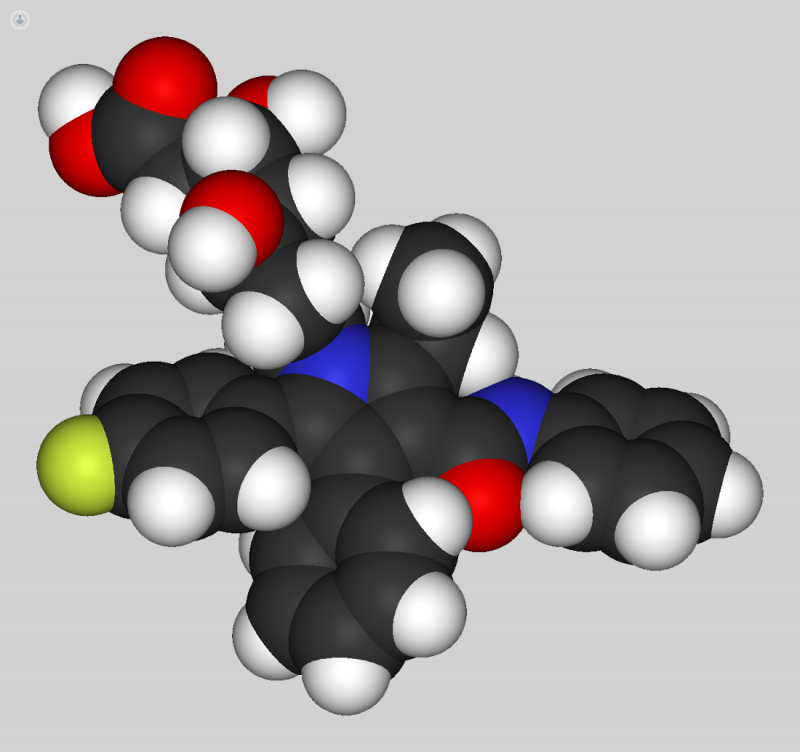Statins
Dr Rajesh Chelliah - Cardiology
Created on: 06-06-2018
Updated on: 09-25-2023
Edited by: Conor Dunworth
What are statins?
Statins are a group of drugs that lower LDL (low-density lipoprotein) cholesterol in the blood. LDL cholesterol is thought of as the “bad” cholesterol and is produced by the liver. Statins act by blocking the liver enzyme that works to produce cholesterol, thereby reducing the amount released into the bloodstream.
Statins can also lower levels of triglycerides and can help to stabilise arterial plaques, lowering the risk of heart attacks.

Why are statins used?
High levels of LDL cholesterol in the blood is bad for the health, and can be potentially dangerous. It causes the arteries to narrow and harden (atherosclerosis), which, in turn, can cause cardiovascular disease such as:
Statins may be prescribed to treat one of these cardiovascular diseases or if the patient’s personal or family medical history puts them at risk and it appears that lifestyle preventative measures are ineffective.
What does it involve?
Statins usually come in tablet form, prescribed by a doctor. Treatment usually continues indefinitely, as cholesterol levels typically build up again within weeks of stopping treatment.
Problems and side-effects
Caution should be taken with statins, as they can react with certain other substances, including some other medications and even certain fruit juices like grapefruit. Such reactions inside the body can be harmful and even cause muscle damage.
Some people may also experience side-effects such as an upset stomach, nausea or headaches.
If your doctor prescribes statins, they will explain potential side-effects and guide you through any substances you should avoid ingesting.
Alternatives to statins
Statins are usually only recommended if other, more conservative treatments have failed. Usually, the first line of defence against cholesterol is lifestyle measures:
- A healthy, balanced diet
- Regulary exercise
- Stopping smoking
- Reducing alcohol intake
- Maintaining a healthy weight



